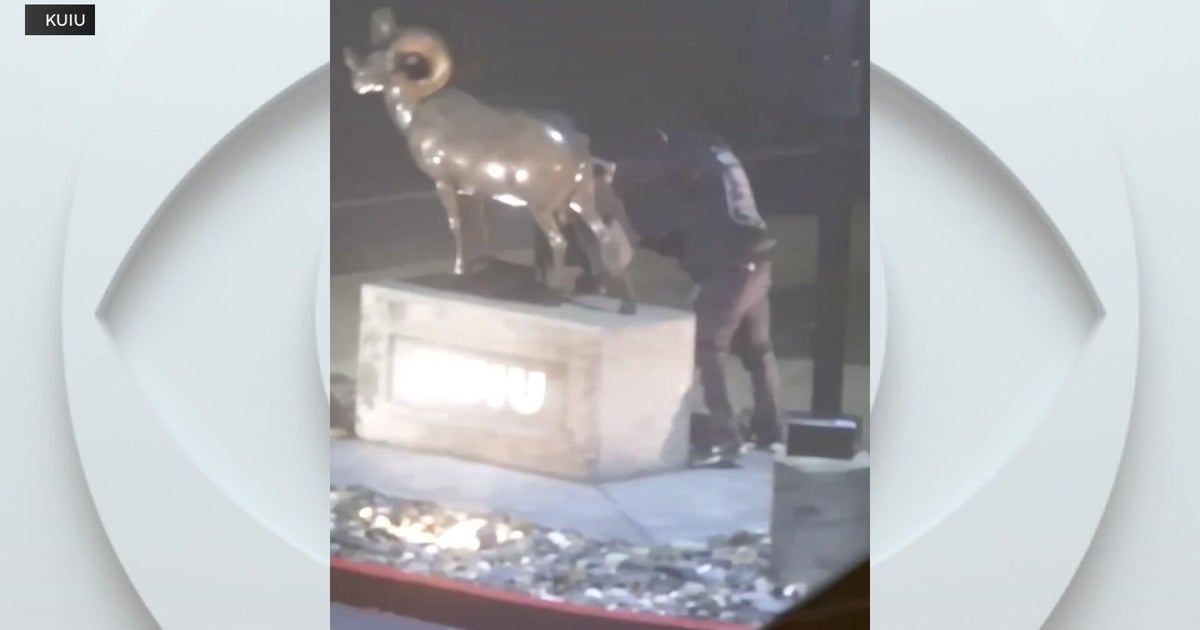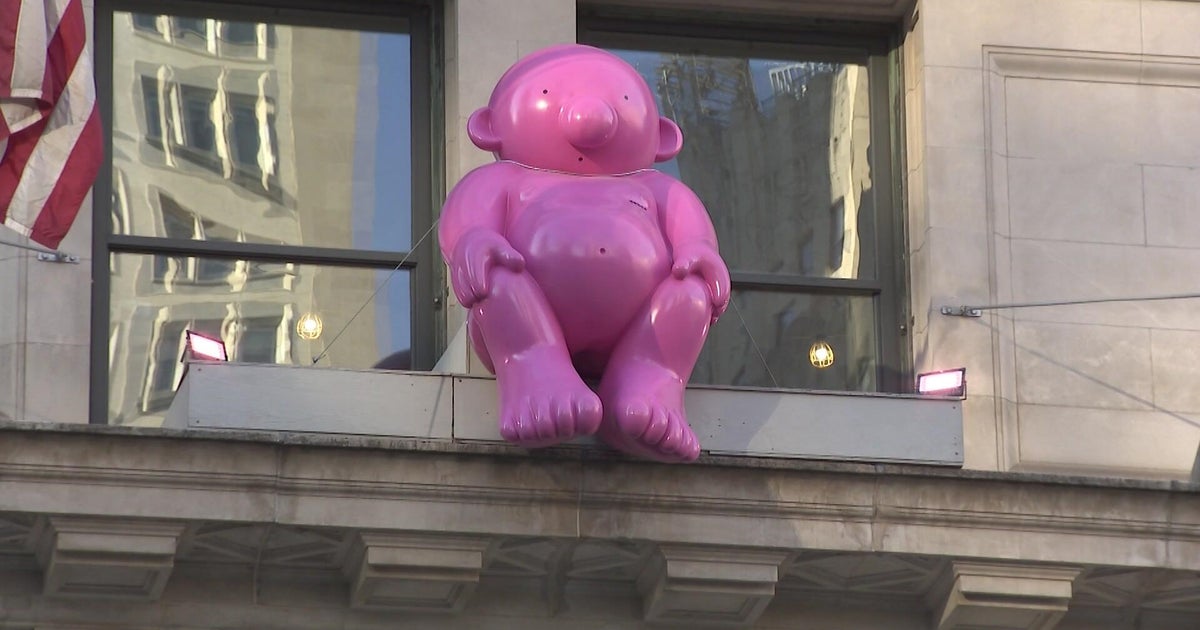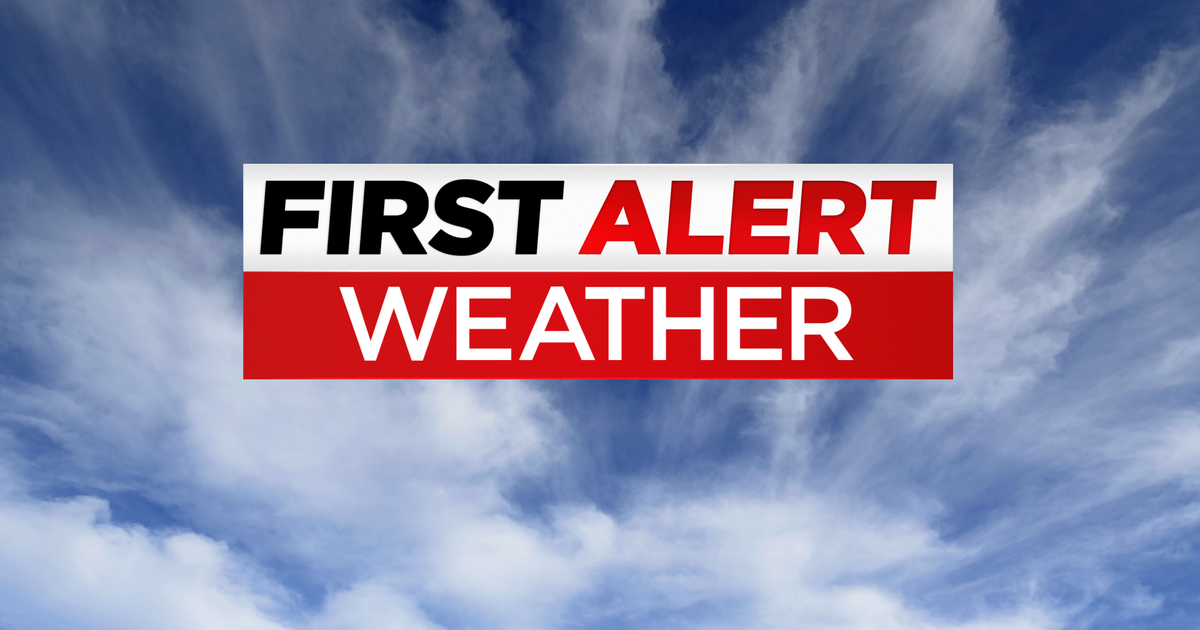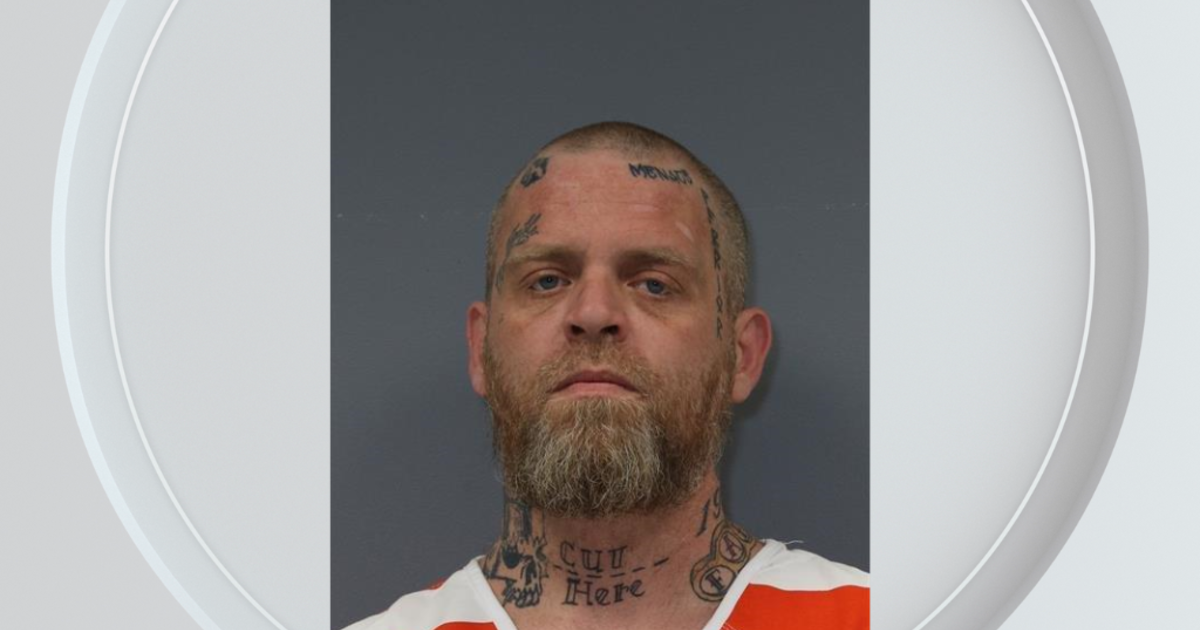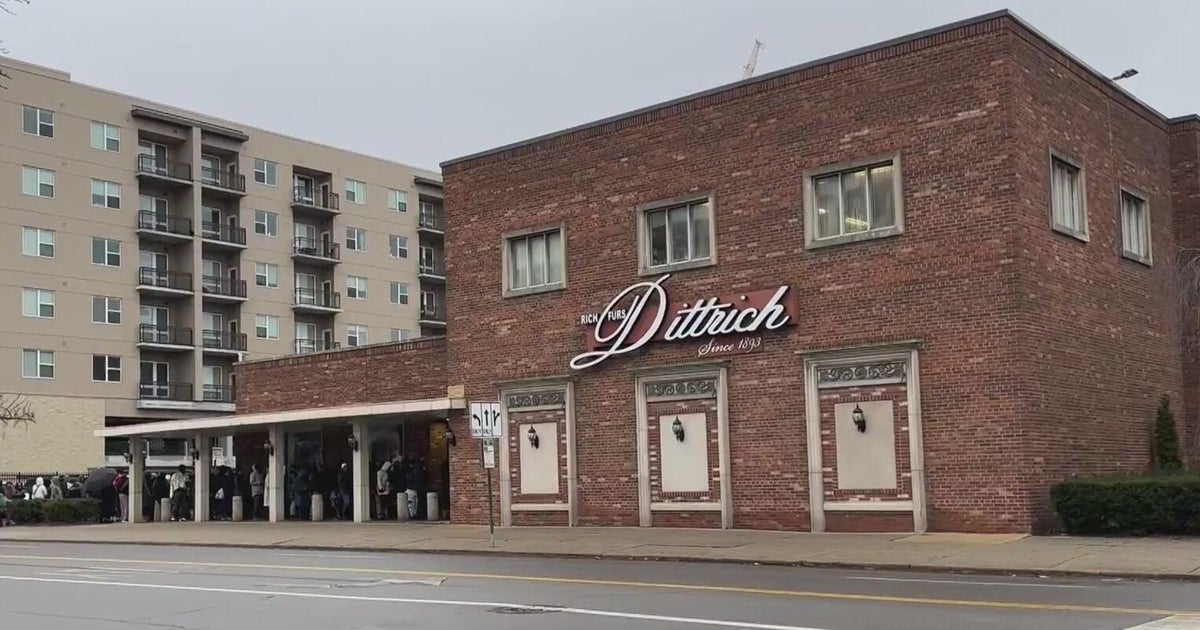Facial recognition technology used at New York supermarkets raises some questions about privacy
NEW YORK -- When you're grocery shopping, you may not realize what's being caught on camera.
Some supermarkets are using facial recognition technology to catch thieves, but there are questions about privacy.
On the front door of four Fairway supermarket locations, you'll see a sign letting you know it collects or shares biometric information, including eye scans and voiceprints.
"I noticed the cheese sign and the grapes, but not the surveillance, yeah," one customer said.
"I mean, it would be nice if we caught somebody once in a while, and I think the store is trying to prevent that from happening inside the store," another customer said.
The NYPD says Lower Manhattan has the highest post-pandemic spike in chain store shoplifting -- up more than 6% from last year.
Fairway's parent company, Wakefern, said, "Retail theft and shoplifting has a high rate of repeat offense and drives up grocery costs for all customers. We have found that this technology... is helping prevent more crime in store."
"The face has certain nodes that are unique, just like fingerprints are unique," said Manny Gomez, president of MG Security Services.
Gomez agrees with its use.
"This is a step in the right direction, in my opinion. If you have nothing to hide, then you have nothing to hide," he said.
"Do you foresee more stores using this technology?" CBS2's Kristie Keleshian asked.
"Absolutely, it's efficient, it's effective and it's cost-effective," Gomez said.
Madison Square Garden and Radio City Music Hall have faced backlash for also using biometric face scans. Their chairman, James Dolan, says it's been used to ban lawyers involved in litigation against the venues.
Amazon is being sued for allegedly not posting signage about its use of biometric technology at its Amazon Go locations, which is required by law.
A spokesperson clarified that it does not use facial recognition but said, "...these individuals are provided the appropriate privacy disclosures during the enrollment process. The customer is always in control of when they choose to be identified using their palm."
Some feel that they're shopping with Big Brother watching over, while others hope it cuts down on crime.
"I could see it being sort of an invasion of privacy for some people. I guess we'll see if it's effective," one person said.
